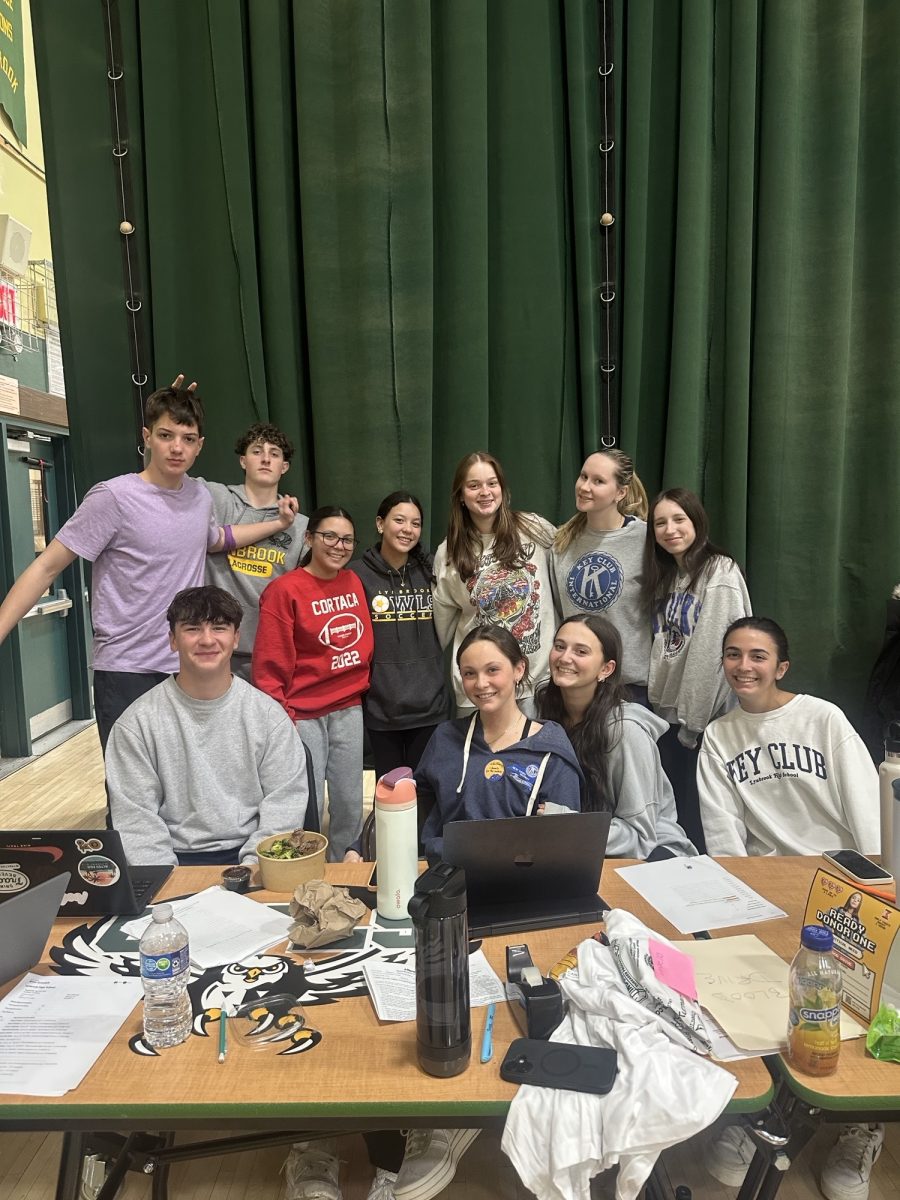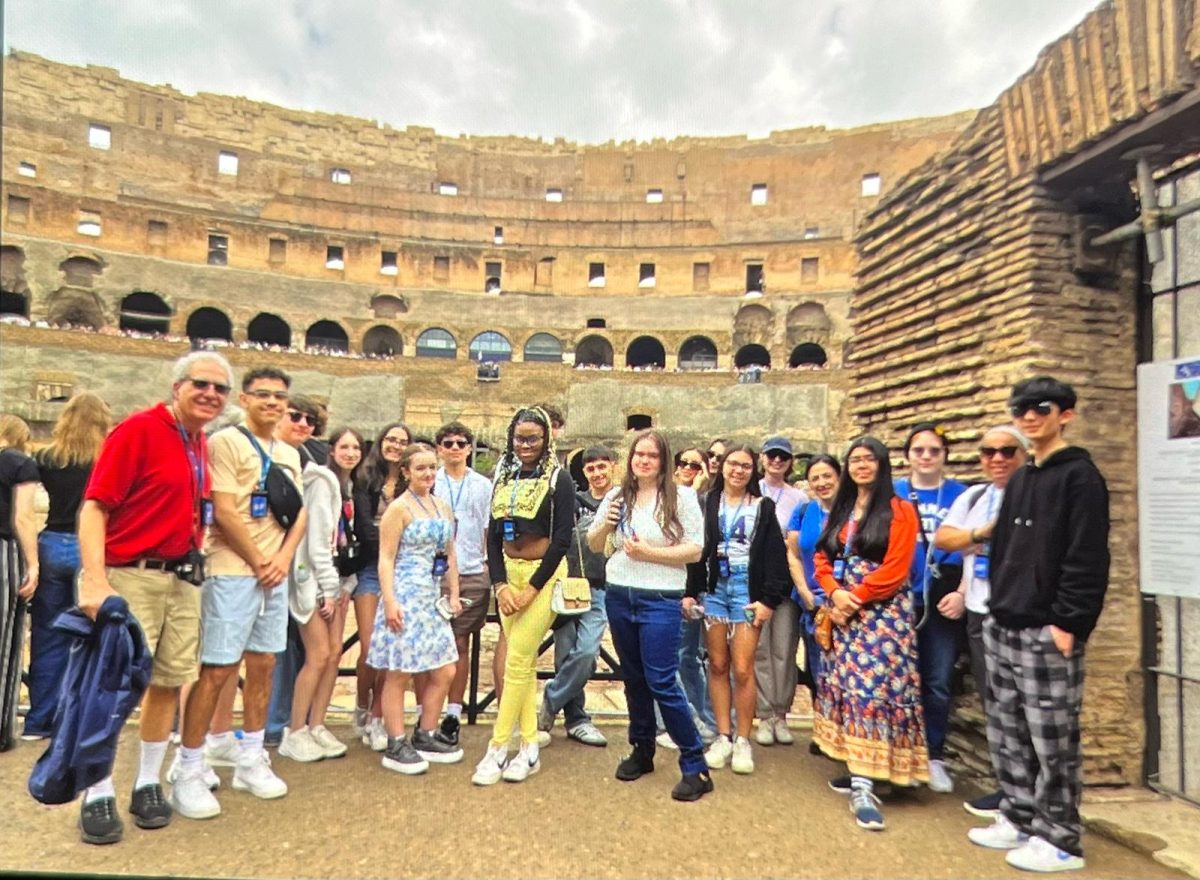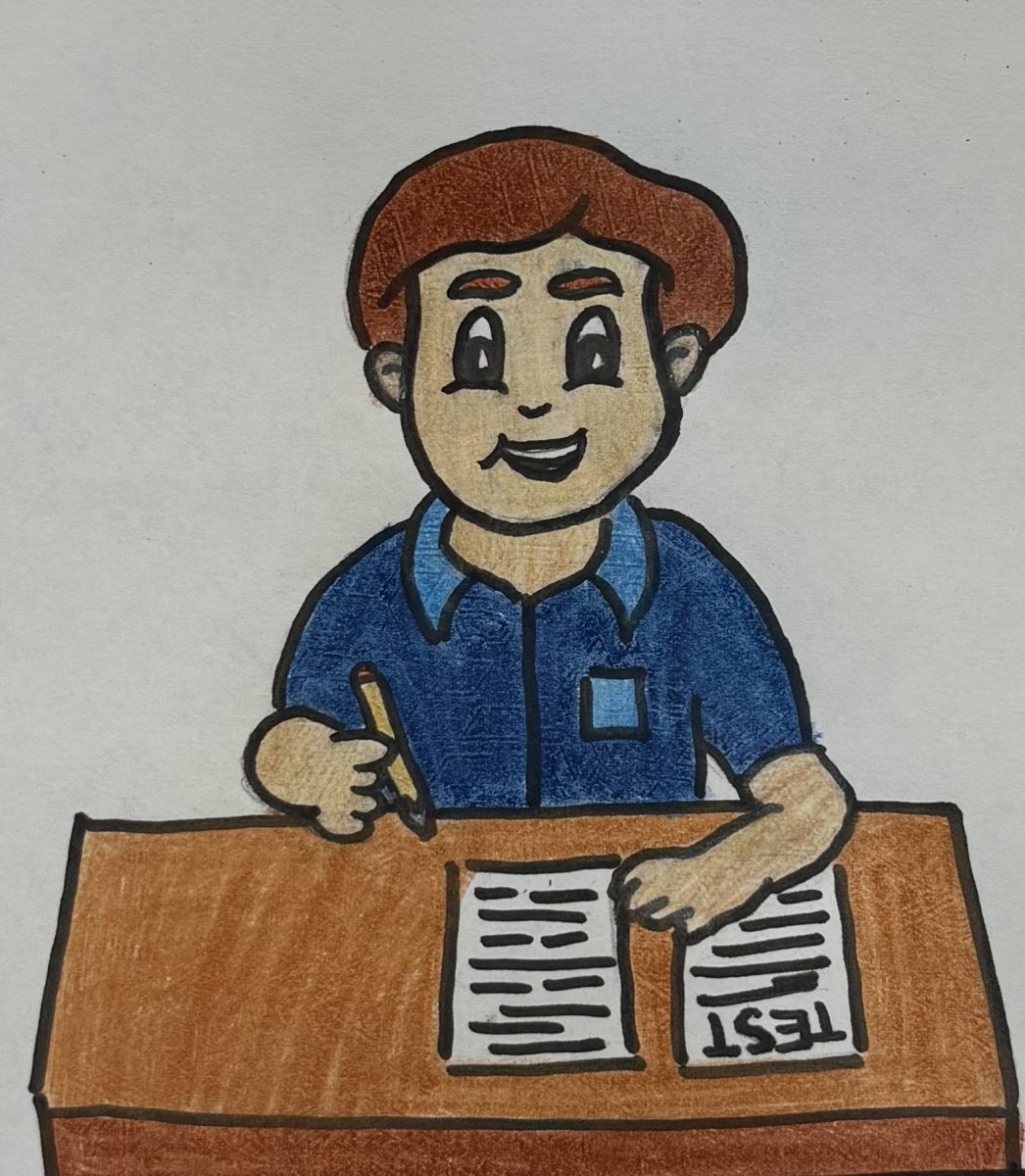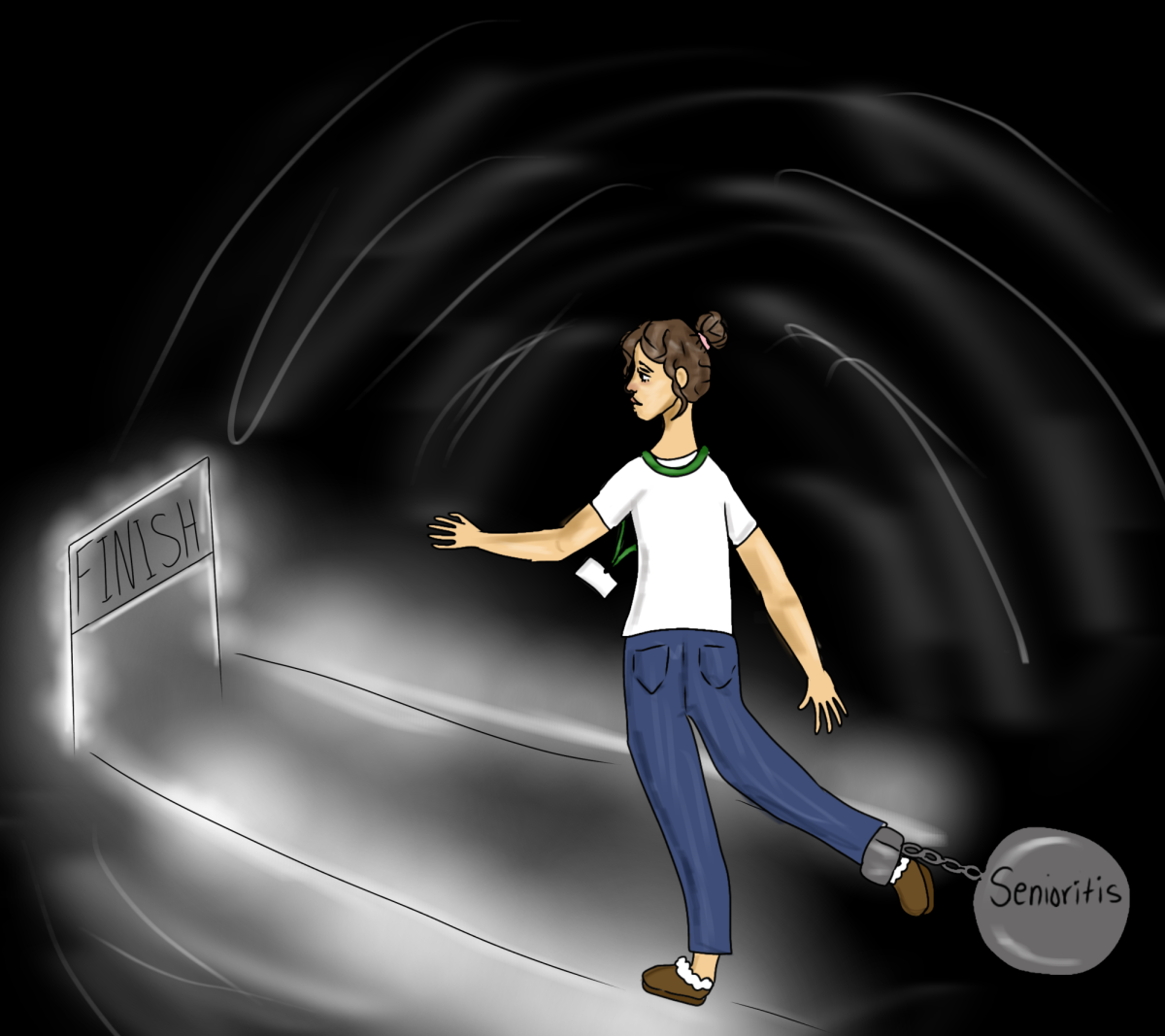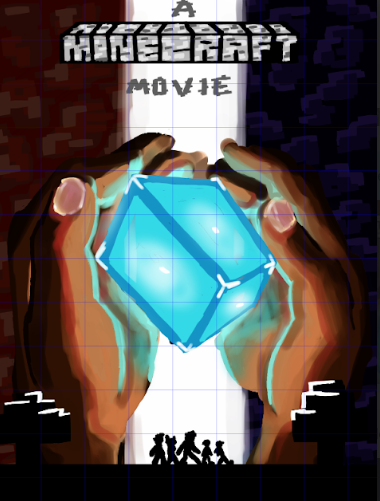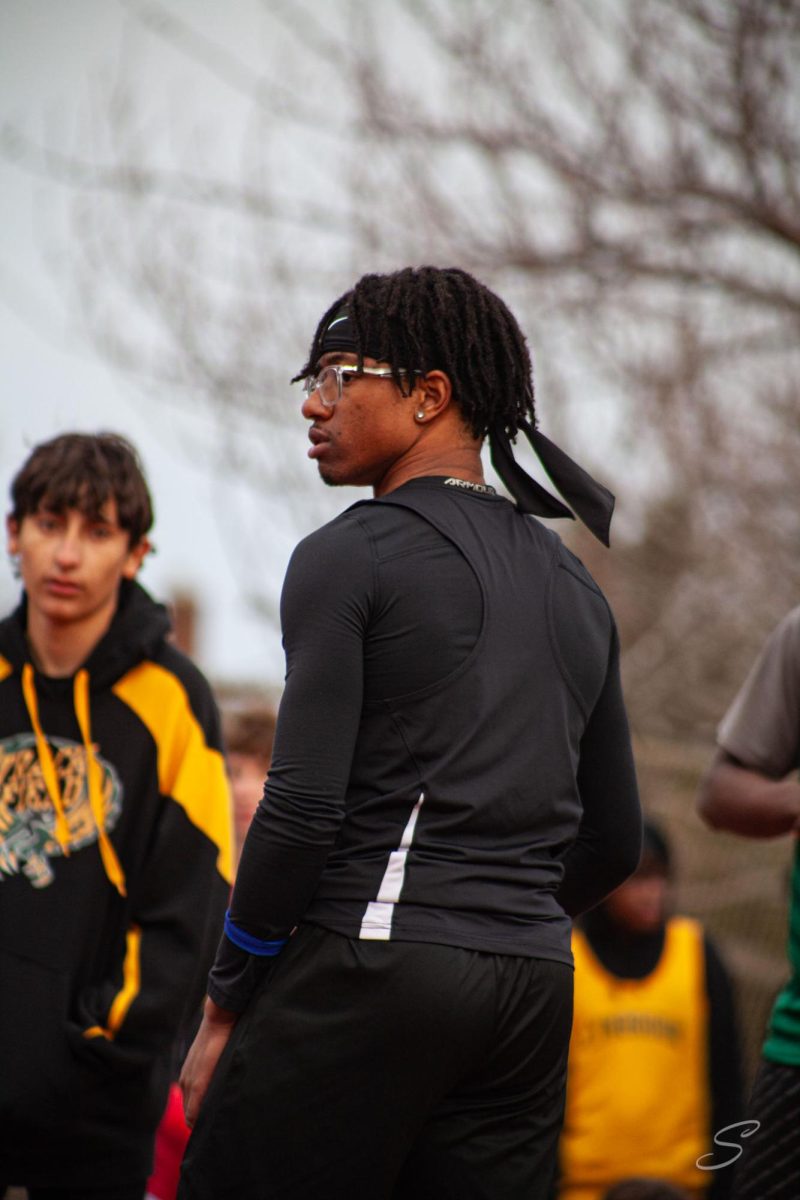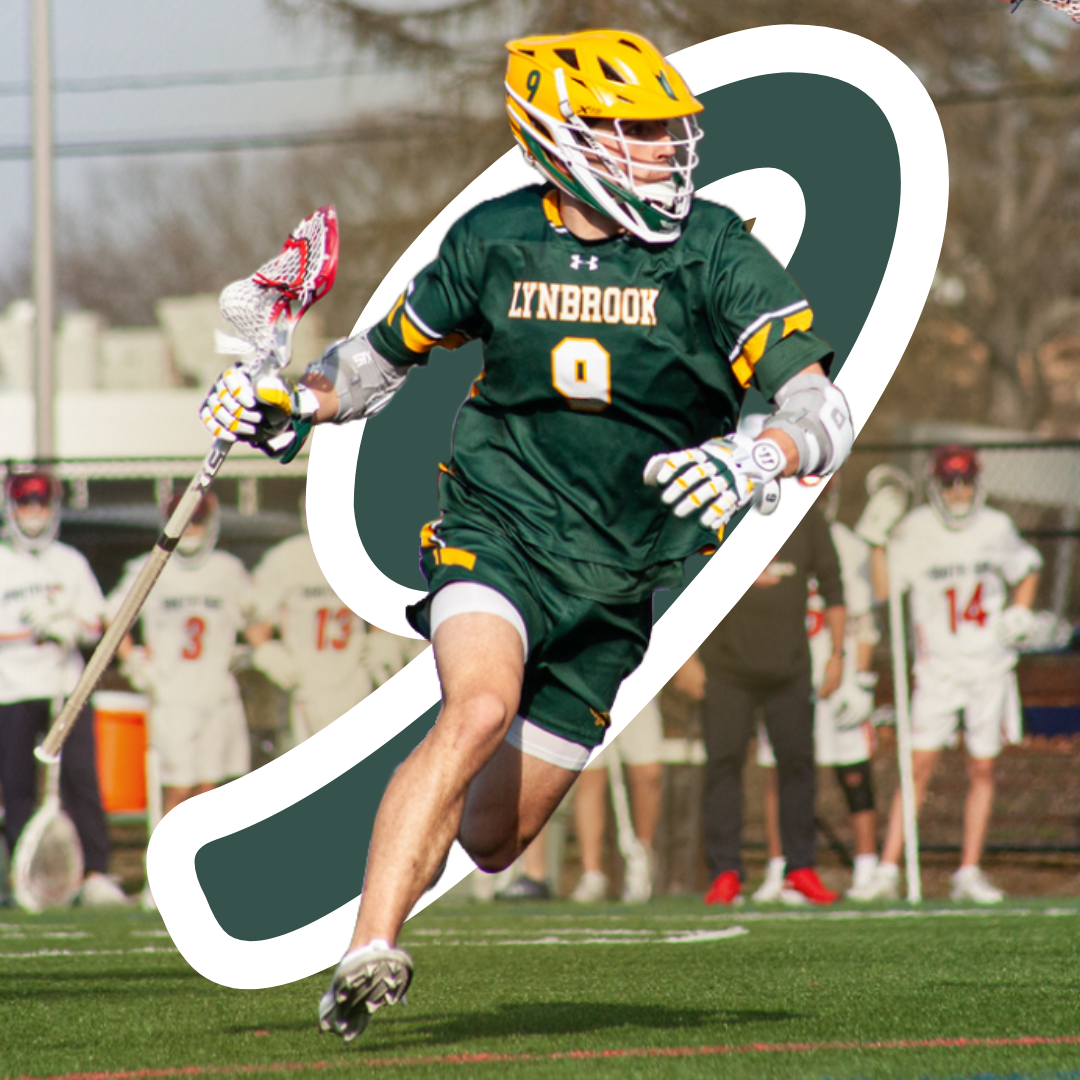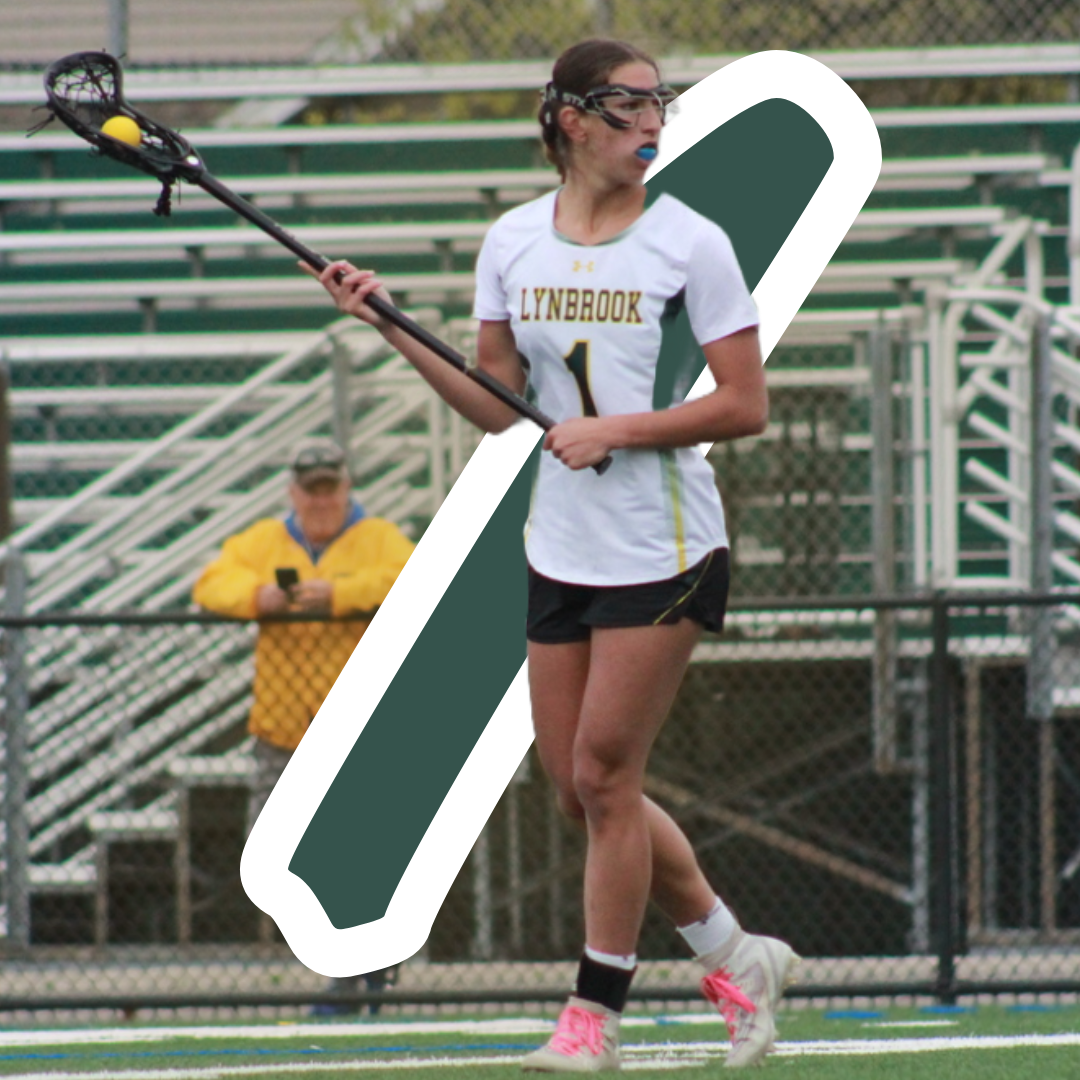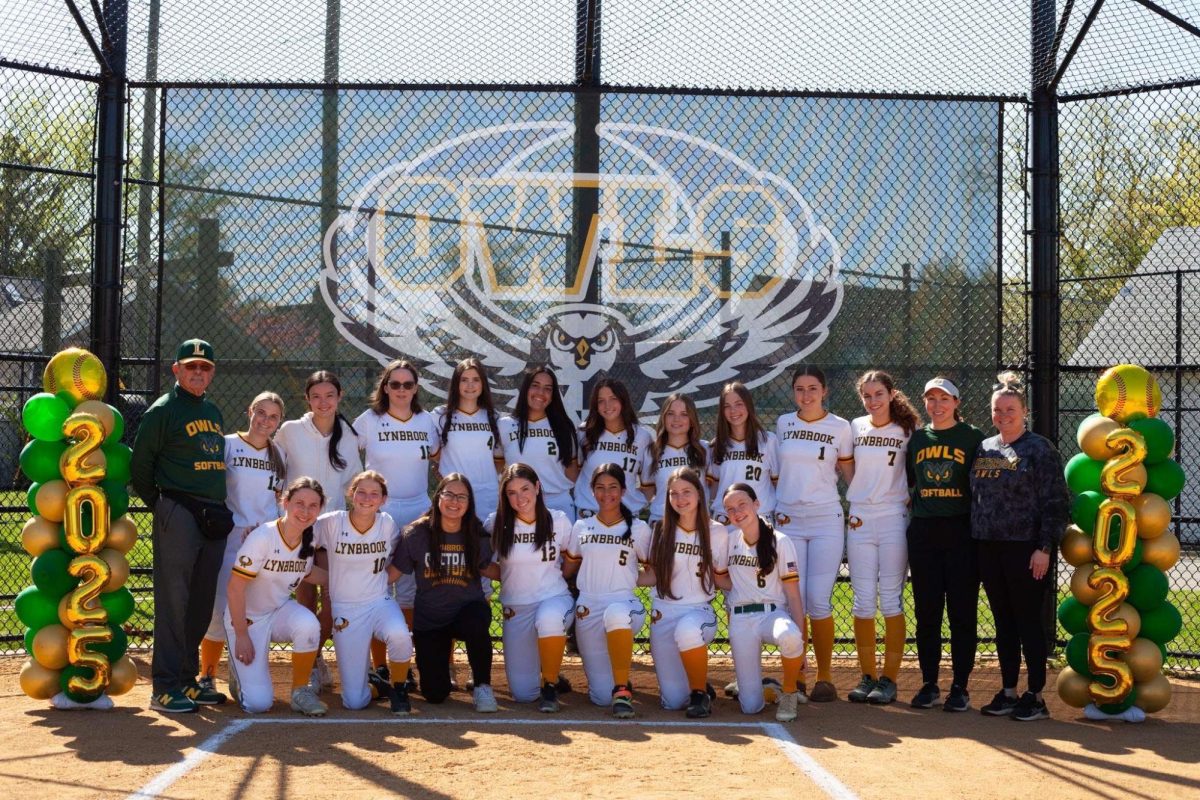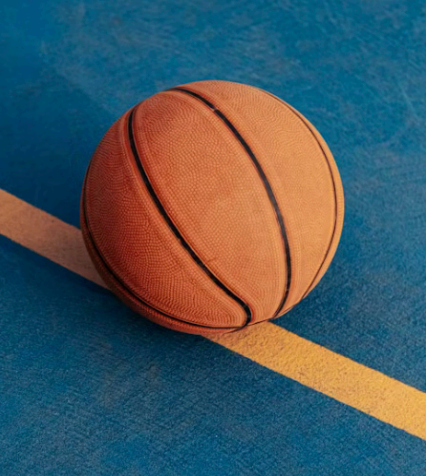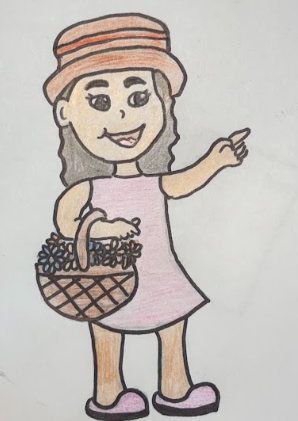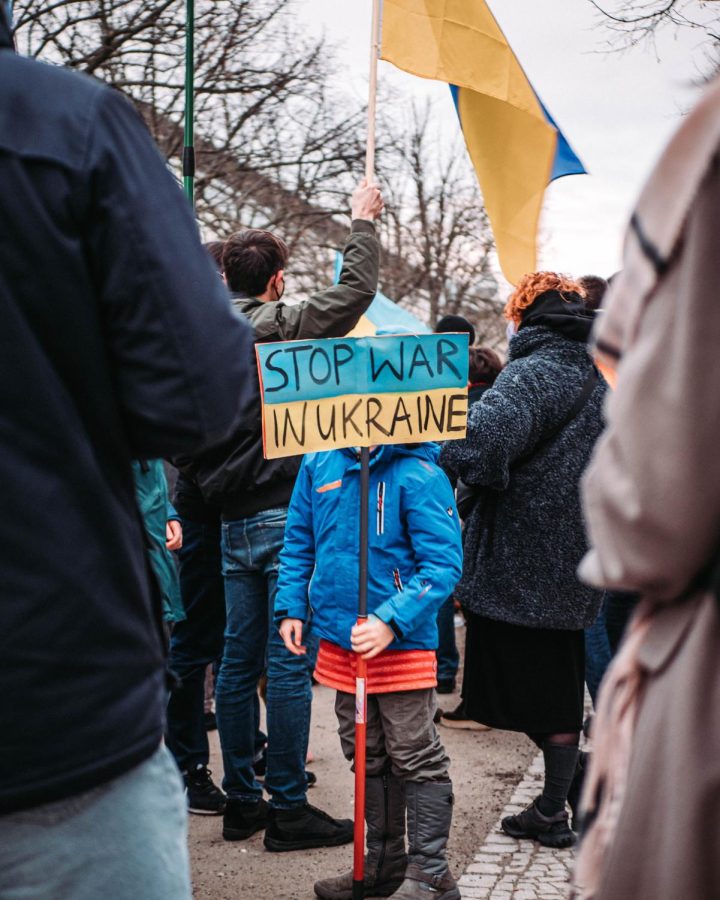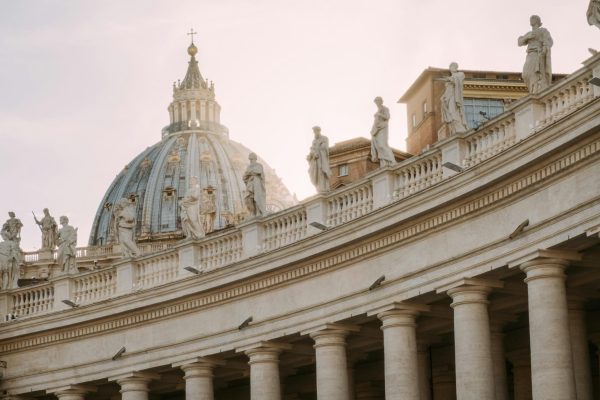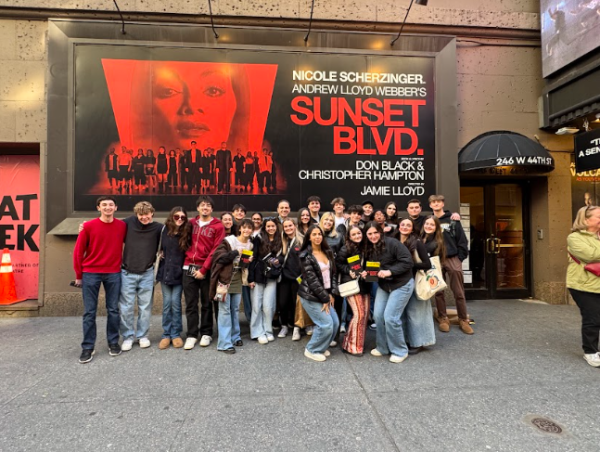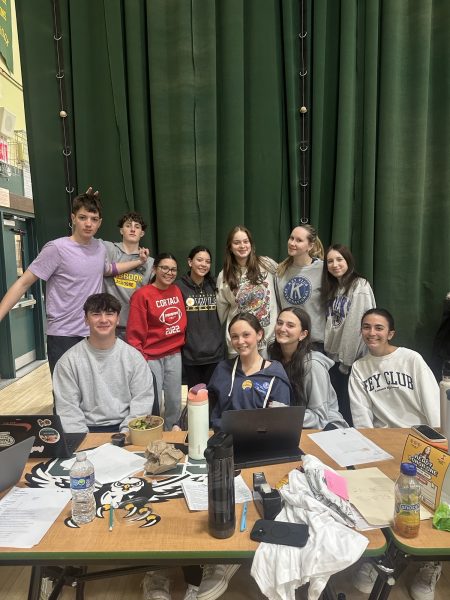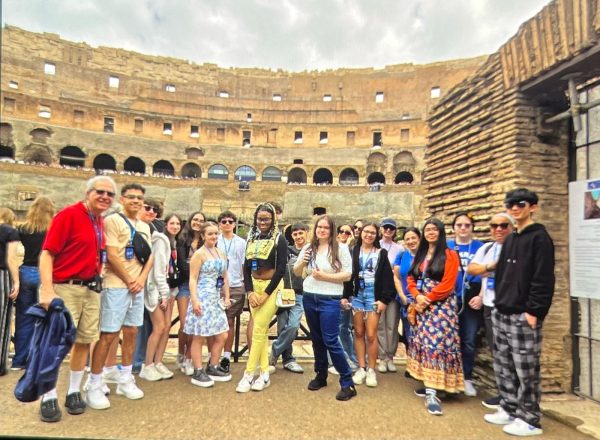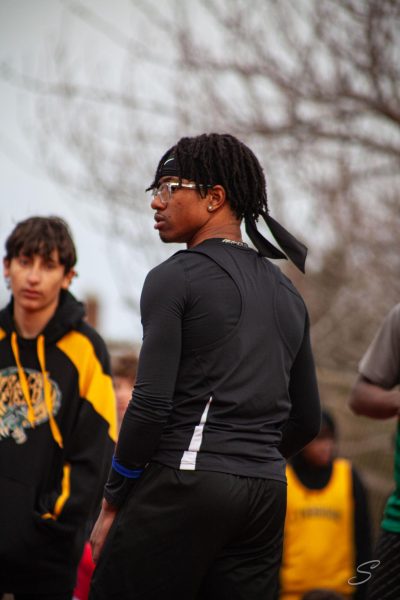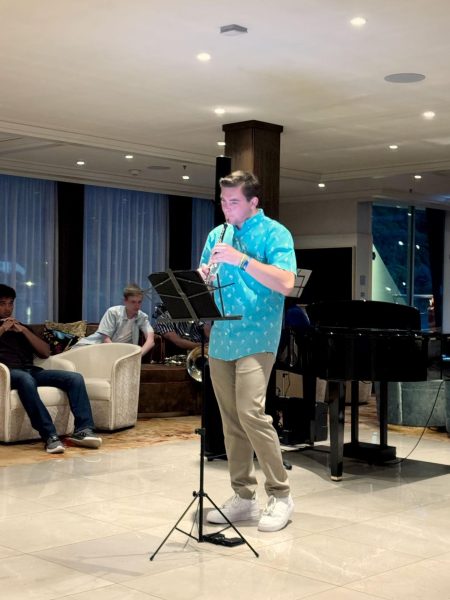Crisis Escalates in Ukraine
As the conflict in Ukraine escalates, people all over the world are feeling its effects: over three million refugees have fled to neighboring countries, chiefly to Poland; economic sanctions have been tightened; and the effect on energy consumption, particularly relating to oil imports and gasoline prices, has continued to grow. All the while, the immense cost of human suffering and diminishing international peace add to the distress and panic this conflict is causing. The pretext for the war – Russia’s perceived threat of Ukraine asking to join NATO – is a minor blip in the complex geopolitical history of that region.
The contested narrative stretches far into the past. Ukrainians predate Russians in reference to the population of Medieval Kyiv. Russia’s desire to invade Ukraine and its neighboring countries has been both persistent and relatively successful.
“Starting in 1922, after the Russian revolution, Russia and Ukraine were both part of the Soviet Union,” said social studies teacher Stephen LoCicero. “When the Soviet Union fell in 1991, Ukraine gained its independence, as did many other countries that were under the USSR’s domain.”
The land of Eastern Europe was once a settlement of Slavid peoples that became dominated by the Finns, who were separated into a multitude of tribes now known as the Vikings during the Medieval period of Kievan Rus’. In the 13th century, the region was taken over by the Mongols. Since then, it has been ruled by czars, the Ottoman Empire, and the Austrian Empire.
“In a more contemporary instance, Ukrainians were deliberately starved, as per Stalin’s policies, during the Holodomor,” explained social studies teacher Olga Zisel. “Clearly, the history of Ukraine has been full of uncertainty and calamity, and this current conflict, I would imagine, is making many Ukrainians fear what is to come,” Zisel added.
Kievan Rus’, one of these chief groups and a mix of several peoples, had by far one the most influential conquests, with its reach rivaling the ancient empire of Byzantium. There is a vast swath of local history in all of these regions, and Putin’s idea of Ukraine having always been part of Russia is indeed propaganda.
“Putin himself does not look Russian; he looks Finnish,” said Michael Freydin, a teacher at 157 Stephen A. Halsey School in Rego Park, Queens. Freydin is a Russian Jew, and his family in Ukraine has been evacuated to Israel, though his family’s homes have been destroyed. “Putin is not a Russian last name; it’s a Finish last name. But I think he’s very insecure about that…and much of what makes the ‘Rus’ is this conglomeration of tribal peoples,” Freydin added.
After weeks of ongoing violent clashes, Putin’s troops are running out of supplies, which presents a dilemma for the Russian leader. However, this should not be taken as a complete victory: Russian forces have dealt continuous blows to Ukraine, recently surrounding and besieging Mariupol (a city in south-eastern Ukraine). Almost all Russian soldiers appear to be unprepared trainees, thus there is little likelihood of them improvising when something goes wrong. The soldiers stumble, and their fear and passivity seem to be stronger than those of the Ukrainian soldiers – when one is under authoritarian rule, there is no room for objection in a conscription.
Putin’s state apparatus continues to distribute propaganda: false narratives by state media that villainize Ukrainians, painting them as fascists who slaughter children. This is deeply ironic, given that Ukraine’s president Vladimir Zelensky, who has served as a beacon of hope and inspiration for the Ukrainian people over the past weeks, is in fact Jewish.
Though the state media of Russia may be putting out propaganda, other Russian independent journalistic establishments bravely hand out their papers in the streets of Russian cities, though there is a grave possibility of their detainment, with punishments of up to 17 years in prison if authorities deem what they are publishing as “untrue.” These journalists continue to spread information to the Russian people, but it is unclear how long they can persist before they are prosecuted for their crimes. Protests continue in countries like Austria, France, the US, and Russia, where citizens are continuously pleading for their government to end the war. Putin may not have approval from all of his country, but with his altering of the Russian constitution and Russian laws, he has full power.
One of the most immediate problems that Ukrainian people currently face is how to remain safe. Many have escaped, with Ukrainian trains running at all hours of the day. Ukraine has also issued a conscription, forcing men ages 18 to 60 to stay in the country and fight or help those who are. Thus, the exodus of refugees is predominantly women and children, though many women have chosen to stay in their country and fight. Amongst all the violence, Ukrainians remain proud and patriotic. Ukrainian journalists also remain in the country and are lauded as the pride of the Ukrainian people, equated to Ukrainian soldiers, for their job is one that delivers the truth to the rest of the world from a direct perspective.
There are failed exoduses as well: people running hurriedly through Ukrainian streets with the constant chance of shelling. Rockets are falling from the sky in Ukraine, preschools are being bombed, and windows are being blown out of buildings. Rescue efforts continue, with aid stations set up at borders and speedy gains of refugee visas, but that is only if one reaches the border.
“You see the first World War and the second World War, which both happened in Europe,” said senior Igli Qylhanxhiu, who moved from Albania to the US in 2019 with his family. “So, it’s going to be very dangerous. I am worried because I have people [in Eastern Europe], and if the U.S. doesn’t get involved in this…Albania is small, we don’t have a big military, we are just two million people,” Qylhanxhiu added.
Many people outside of Ukraine are not only worried about the welfare of the Ukrainian people, but of their country as well. Eastern Europe was under heavy influence of the USSR not too long ago, and there is a perpetual fear that these countries will be reclaimed as part of a resurgence of that geopolitical power, a concept that Putin openly endorses and is trying to execute.
“To say that this would be negotiated peacefully is untenable for a lot of people…and what would diplomacy at this point even look like? What diplomatic solution would be tenable for both sides?” said Freydin.
Conflict in Ukraine is expected to continue, with a continuous outpouring of refugees and both Russians and Ukrainians dying in the Eastern cold. The conflict is suspenseful, and from an outside perspective, it is tempting to put away the experience, to lay it on coffee tables next to other newspapers and magazines, to close the article tabs and return to our seemingly regular lives. But, for those living through the experience of war, there is no break, no rest, no luxury of forgetting. There will continue to be none until the conflict ceases.
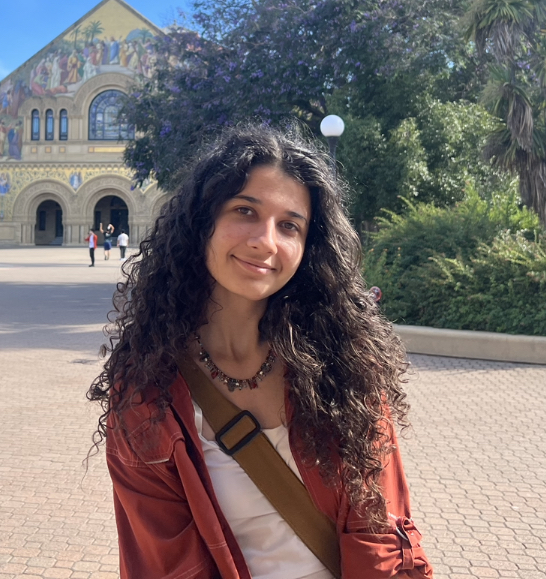
I’m a member of the Class of 2025. When I’m not writing, editing, or helping lay out Horizon’s print editions, I like to rock climb, learn about...




